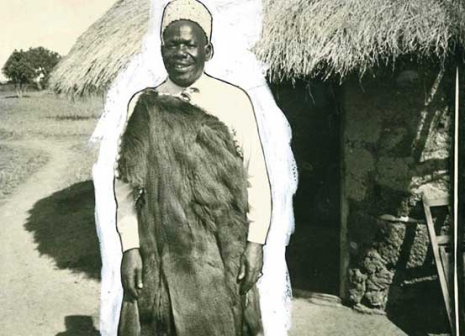×
The Standard e-Paper
Stay Informed, Even Offline

Every morning when Elijah Wafula, 77, wakes up, he heads to his father’s grave and gives it a good scrub.
He then lays out the visitors’ book on a stool at the corner of the room and delicately places a pen on it waiting for the day to break.